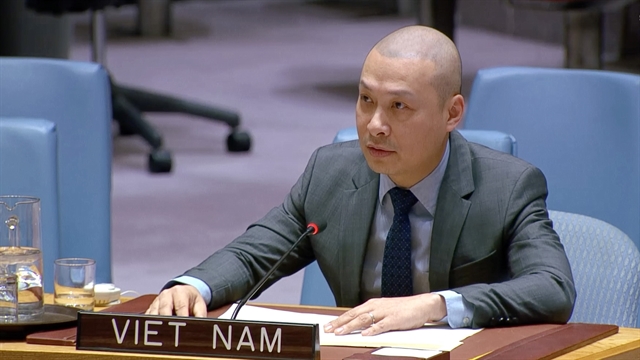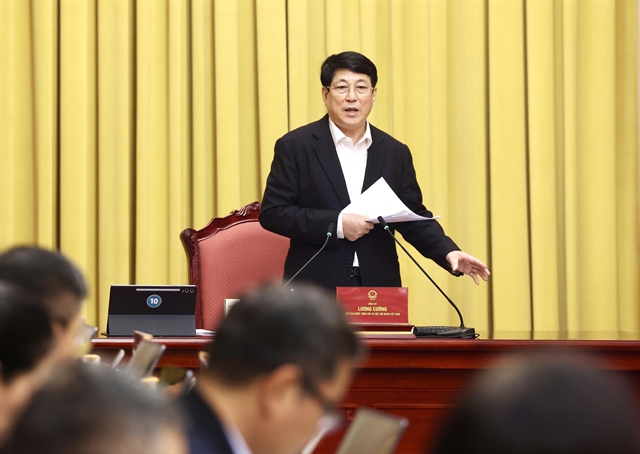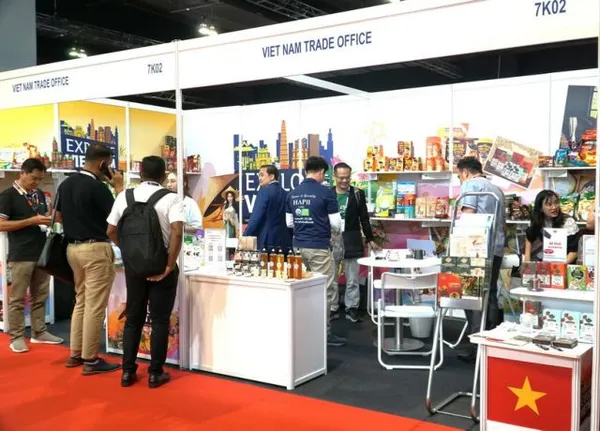 Economy
Economy
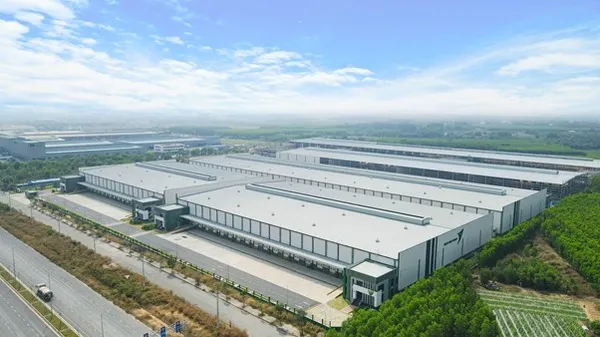
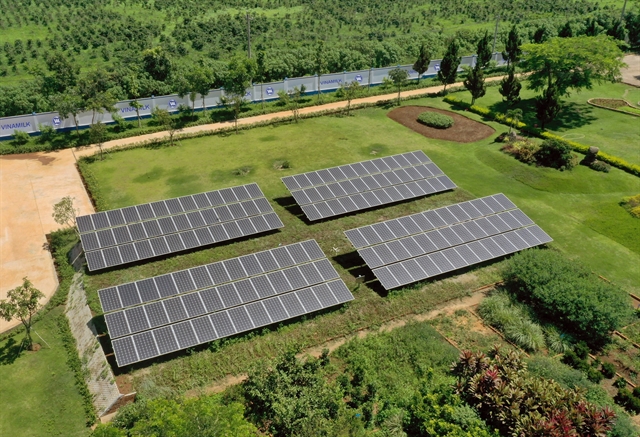
|
| A Vinamilk organic farm in Đà Lạt City that uses solar panels to power its operation. Photo vnfinance.vn |
HÀ NỘI — In the era of growing environmental and social concerns, Environmental, Social, and Governance (ESG) standards have emerged as a game-changer for firms seeking to improve their customer engagement and financial access.
Chairman of the Vietnam Textile and Apparel Association Vũ Đức Giang revealed that many firms in the industry had suffered a significant drop in order volume by between 40 to 50 per cent because they were reluctant to embrace ESG.
He said ESG is the key to gaining competitive advantages as it enhances firms' internal governance and promotes their public image. It also improves their access to funds as ESG-oriented loans have become abundant in recent years.
IMF data shows that ESG loans tripled in value in 2021, accounting for 18 per cent of the total loans available to emerging markets (not including China). Global ESG assets, in Bloomberg Intelligence's estimation, could reach US$50 trillion by 2025.
One of the noteworthy companies benefiting greatly from ESG was BAF Vietnam Agriculture JSC, which was granted VNĐ900 billion (US$38 million) of loans last year from the International Financial Corporate to build sustainable farms.
Vinamilk, a leading company in terms of ESG maturity, estimated that seven years of ESG implementation, from 2014 to 2021, had saved the company VNĐ274 billion in costs.
This financial benefit was big, but ESG's non-financial benefits were much bigger, including better management structure, higher brand value, higher employee satisfaction, easier access to referential loans, and improved resilience against shocks.
Notably, Vinamilk's brand value rose from $1.6 billion in 2019 to $2.8 billion in 2022 on the back of its commitment to ESG. Its level of employee satisfaction stood at over 84 per cent during the period.
The Siam Cement Group, a Thai corporation owning over 20 affiliated companies in Việt Nam, has expanded its production of environmentally-friendly products to deal with the recent global weakening demand.
Thanks to its effort to embrace ESG, the company saw its revenue grow by 7 per cent in 2022, with green products contributing to 51 per cent of its sales.
According to a PwC report last year, about 80 per cent of firms in Việt Nam have made ESG commitments or plan to do so soon. This move is primarily driven by the demands of consumers, employees, and investors.
About 61 per cent of the yet-to-embrace-ESG firms cited lack of knowledge as the key barrier to ESG commitments, 48 per cent cited financial capability, 46 per cent cited company size, and 28 per cent cited lack of transparency in ESG data.
As ESG is not free of charge, many firms willing to embrace ESG are finding themselves stuck in a vicious circle – they need funds to adopt ESG, yet without ESG in place, they remain in a weak position to access funds and gain sales.
Chairman of the European Chamber of Commerce in Việt Nam Gabor Fluit remarked that ESG rules in Việt Nam lack coherence, and the allocation of responsibilities among stakeholders is poorly regulated.
This legal incompleteness could discourage foreign investments in the green sector and incur additional costs related to environmental assessement.
He called for more legal documents to legislate for the country's carbon-neutral commitments in COP26 and more measures to raise the awareness of ESG among firms. — VNS

